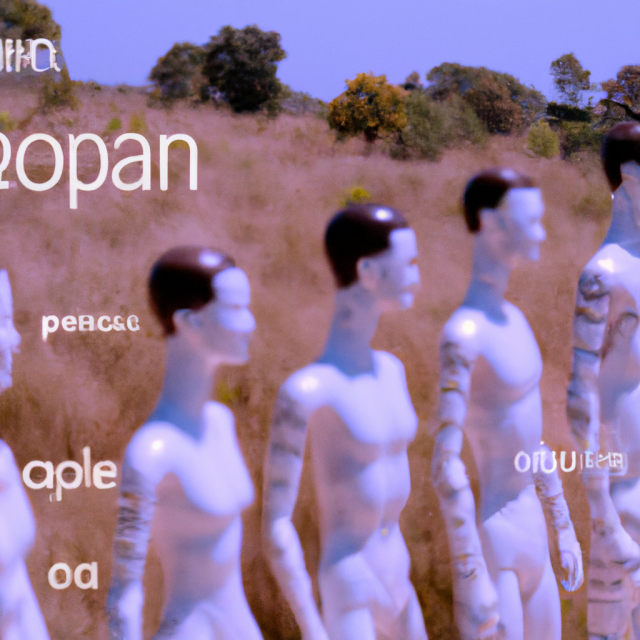In addition to GPT-4, OpenAI has published a programmatic platform called Evals to measure the proficiency of its AI models. OpenAI believes that this will let people recognize any deficiencies in the models, thus helping to make improvements.
OpenAI describes this as a technique of utilizing the collective power of a large group of people to evaluate a model in a blog post.
OpenAI states that they utilize Evals to help construct their models, looking out for any flaws and to stop regressing. Furthermore, they allow their users to use Evals to monitor the performance of different model versions and product integrations. They are hoping Evals will become a platform to share and combine benchmarks, and to evaluate a broad range of failure modes and tough tasks.
OpenAI has created Evals to serve as a tool to assess the performance of models like GPT-4. Through Evals, developers are able to use data sets to produce prompts, measure the accuracy of completions given by an OpenAI model and compare the results across various data sets and models.
Evals, which is able to work with a number of well-known AI benchmarks, also allows users to generate new classes in order to put into practice custom evaluation processes. As an example, OpenAI created an evaluation of logic puzzles that GPT-4 is not able to answer correctly for the 10 prompts it includes.
Unfortunately, all the work is done for free. To motivate people to utilize Evals, OpenAI intends to give GPT-4 access to those who produce top-notch benchmarks.
The company stated that Evals will be an indispensable part of their models’ usage and construction, and encouraged people to make direct contributions, ask questions, and give feedback.
OpenAI, which recently declared it would no longer utilize customer information to teach its models as a matter of course, is following similar organizations who have resorted to collective sources to make their AI models more dependable by utilizing Evals.
In 2017, the Computational Linguistics and Information Processing Laboratory at the University of Maryland started a platform called Break It, Build It, which enabled scientists to present models to people who were in charge of formulating examples to outsmart them. Additionally, Meta keeps a platform called Dynabench, which encourages users to “trick” models intended to analyze sentiment, answer inquiries, recognize hate speech, and more.












